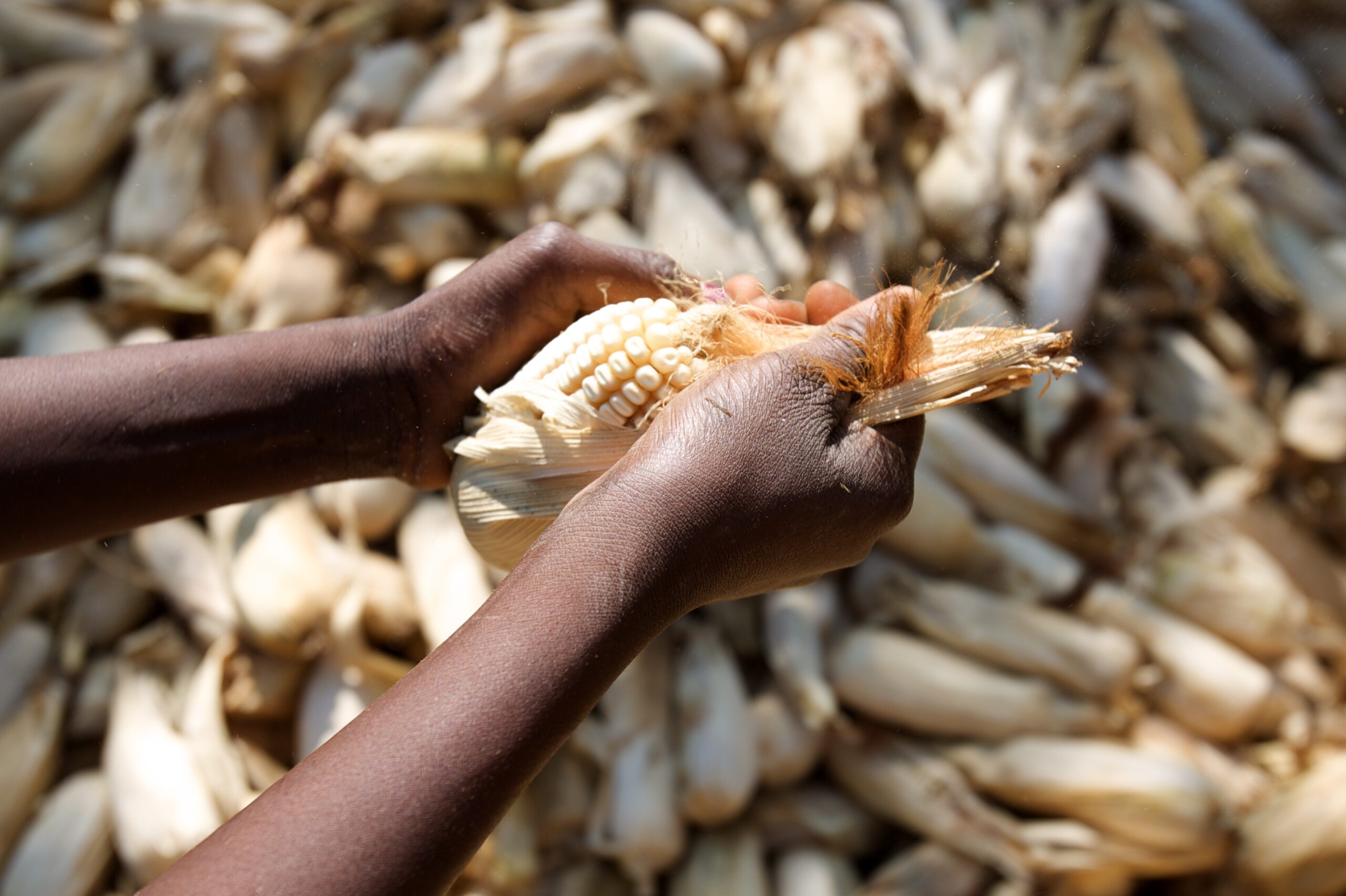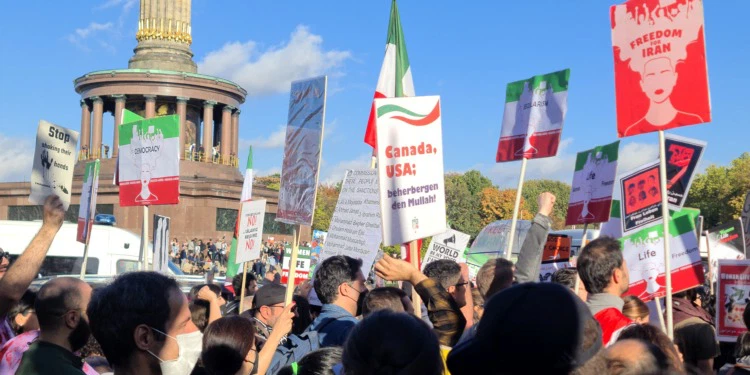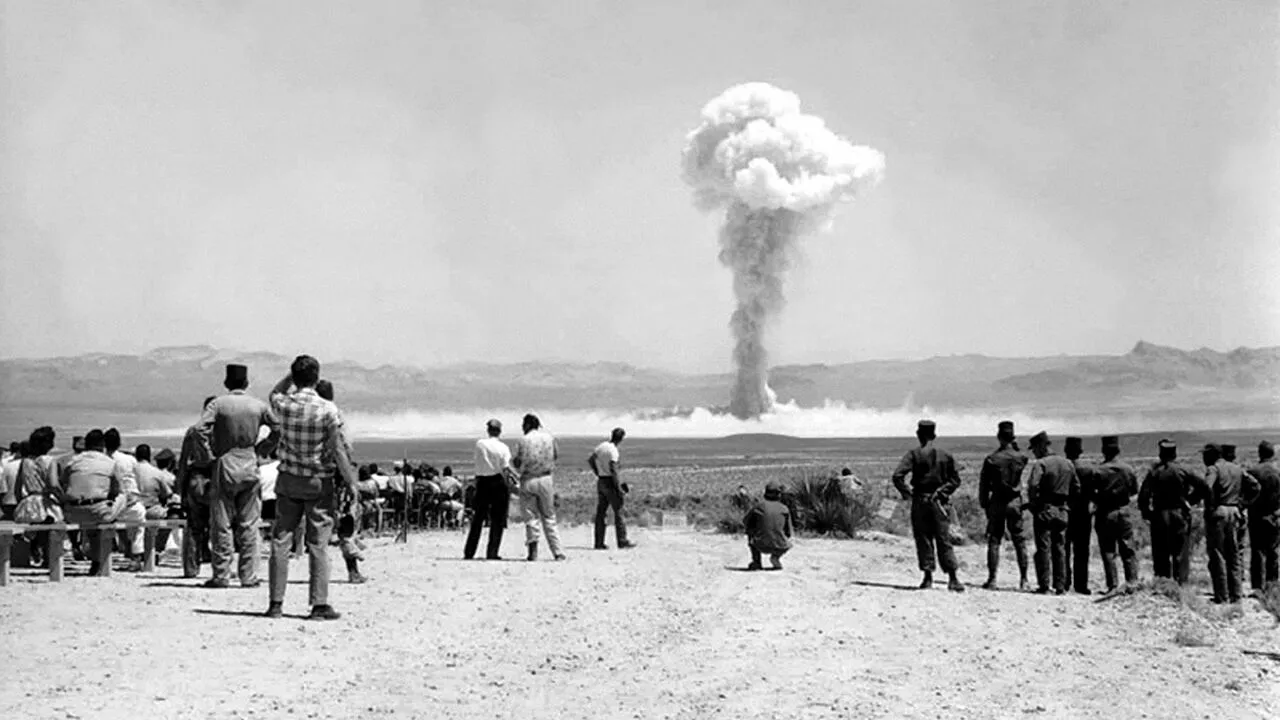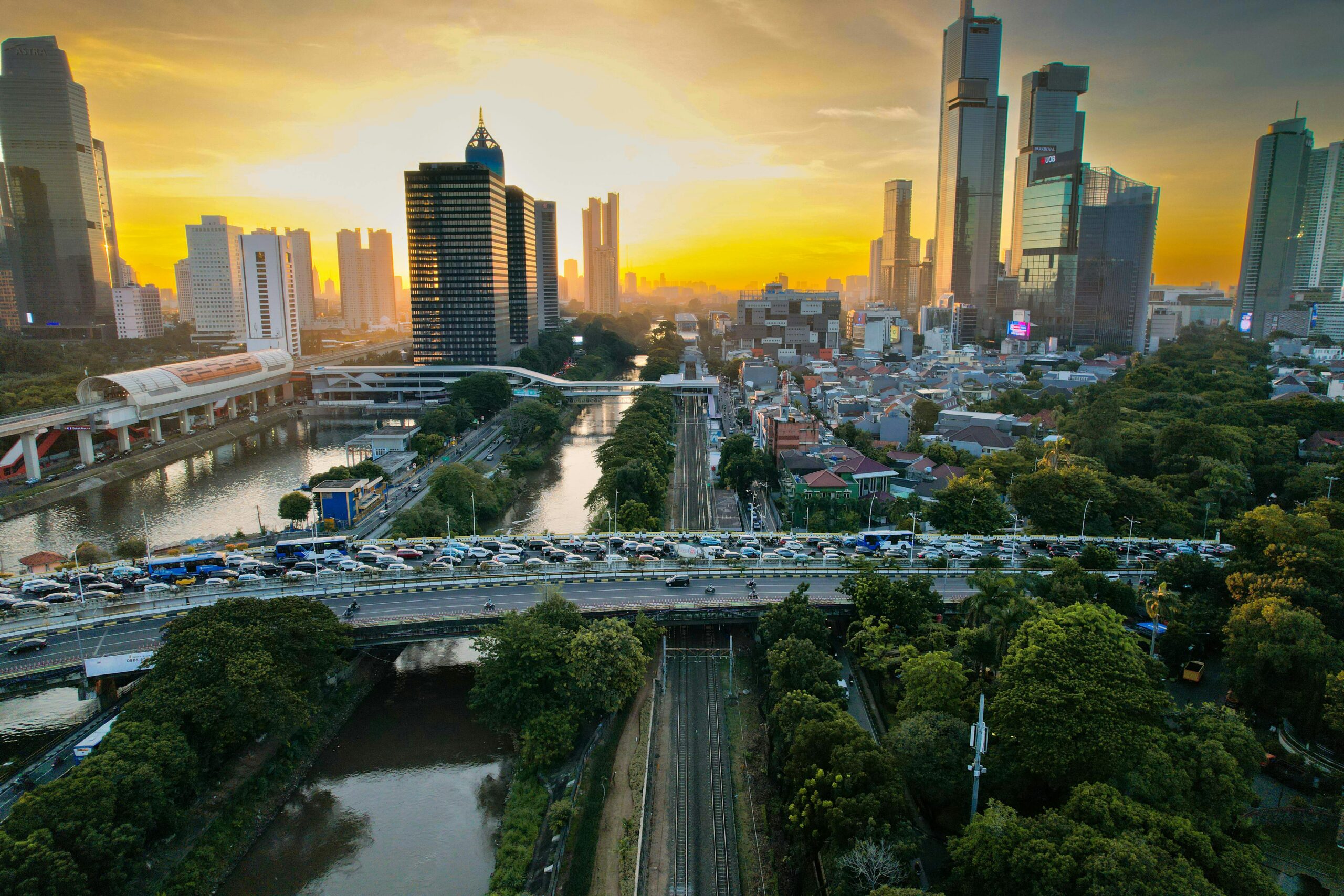This year’s World Food Forum focused on partnerships for better foods and a better future, yielding impressive commitments from governments and international organisations to sustainable agriculture, youth-led solutions, and technical innovation. However, several underlying challenges remain, including divisions between the security and food communities, lagging investments, significant infrastructure gaps, and a cadence of multilateral summits that seems disconnected from the challenges on the ground.
In mid-October, over 16,000 participants gathered in Rome for the World Food Forum, an annual flagship event facilitated by the Food and Agriculture Organization of the United Nations (FAO) to connect government leaders, multilateral organisations, youth organisers, and food systems innovators. Given its explicit focus on youth, science, innovation, and investment, the Forum served as a critical stocktaking moment for areas of opportunity – and challenges ahead in the agri-food space. Supported by record levels of participation, the Forum yielded some critical outputs, including:
- Investment pledges of $17.2 billion, demonstrating a continued interest in and commitment to food security;
- A focus on youth-led solutions and innovation, potentially signaling a shift from top-down HQ-driven policy to more multi-stakeholder or agile models;
- Recognition of the need to break down silos, particularly in addressing the convergence of water, health, and food systems; and
- An elevation of cultural heritage and equity, particularly indigenous methods for preserving biodiversity, farming, and food traditions.
Despite these ambitious commitments, a sobering political and financial reality lies ahead, particularly in light of a more fractured geopolitical and multilateral environment than leaders faced in previous forums. This underlines some critical questions for those working on global food security, many of which remain largely unaddressed in bilateral, regional, and multilateral convenings. These include:
First, how to support global food security when major donors are focused on defense and national security?
Despite a growing recognition of the linkages among food, stability, migration, health, and other nexus challenges, policymakers have struggled to balance the need to support a more secure and climate-resilient agri-food system and investments in national defense capabilities. This is particularly acute for European donors such as the United Kingdom and Germany, who have slashed support for foreign aid and global development as they grapple with slow GDP growth and new commitments to spend 5% of GDP on defense and resilience. These shifts challenge some of the traditional food funding pathways – and indicate that the food community may need to place a greater emphasis on the interconnectedness of food and national security in future government engagements.
Second, how to navigate a shifting funding landscape – either by doing more with less, or bringing partners into the fold who have different priorities?
Over the past year, the funding environment has rapidly evolved. Other than the shifts for European contributors , in the global development context the major alteration can most notably be attributed to the new U.S. Administration and subsequent dismantling of the U.S. Agency for International Development, support to many UN bodies, and most foreign assistance programs. At the same time, new actors are entering the space: Brazil launched the Global Alliance against Hunger and Poverty at last year’s G20, the UAE is expressing a growing interest in food security, and finally China, while supporting global development in areas of strategic interest, is increasingly engaging in food security initiatives.. As more actors join the food security space, navigating national interests and maximising available resources will be a major challenge for the international community.
Third, how to balance major infrastructure overhauls with localised solutions?
Today’s agri-food systems are vulnerable at multiple levels. On a global scale, food supply chain chokepoints like the Panama Canal and Strait of Hormuz are increasingly impacted by climate change, limiting or delaying transit of exports. At the same time, local actors are most acutely affected by the cascading risks of climate and conflict, while less than 5% of donor funds trickle down to the local level. As the risks of climate change accelerate, multilateral organisations and national governments will need to balance the major infrastructure investments needed in ports, roads, and transit systems to ensure national food security, with the financing needed to support local communities and shareholder farmers.
Ultimately, while the Forum continues to serve as a critical venue for exchange and innovation, these unsolved questions also feed into a broader debate: whether the current structures and cadence of engagements like COP, Climate Week, and even the Forum are future-fit. This autumn season includes the Africa Food Systems Forum, UN High-Level Week and NY Climate Week, World Bank Group and IMF Annual Meetings, Paris Peace Forum, COP, G20, and International Summit on Food, Nutrition and Health – all of which play host to discussions among similar groupings of actors on food security topics. While some of these convenings are more or less accessible to youth, indigenous groups, and Global South actors, it’s worth taking stock of this packed multilateral calendar – and assessing whether commitments at these forums are being matched by action, or if there more cost-effective, equitable, and climate-conscious way to strengthen global food security moving forward.
Siena Cicarelli is a Fellow at the Center for Climate and Security (CCS), an institute of the Council on Strategic Risks (CSR), and Program Director at the Nexus25 project, a joint CCS-Istituto Affari Internazionali (IAI) initiative focused on sustainable multilateralism supported by Stiftung Mercator in Germany. Prior to joining CCS, she led Women, Peace, and Security (WPS), international humanitarian law, atrocity prevention, and global partnerships as an analyst for the U.S. Department of Defense. She has previously worked on transatlantic relations and human security issues for Eurasia Group, the Center for American Progress, and the National Democratic Institute. Siena holds an MSc from the London School of Economics and Political Science and a BA in International Studies from American University.
This article is published under a Creative Commons License and may be republished with attribution.





